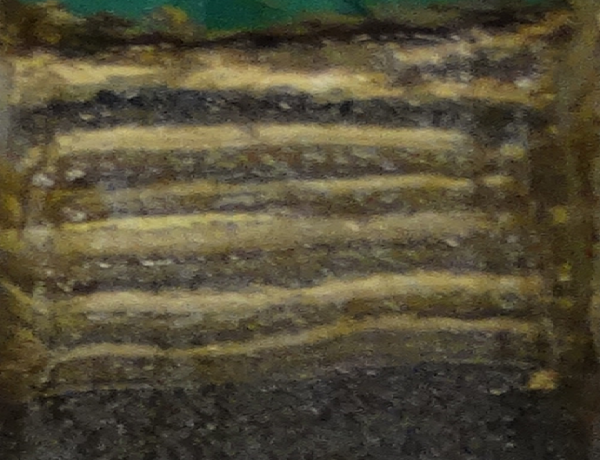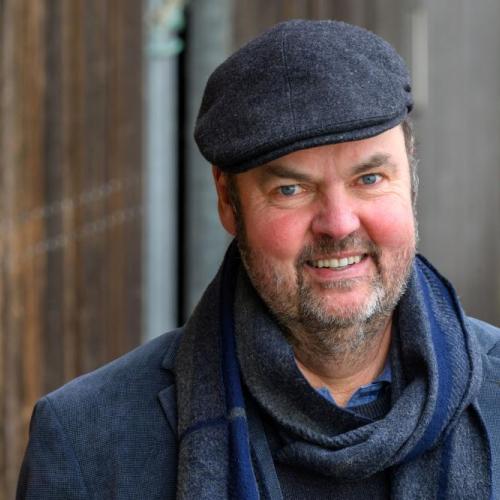BaltRap
Short profile
Duration

Figure: Varved upper centimetres of Lake Stechlin sediments are witnesses of the recent eutrophication. | © IGB
Climate change and human forcing, e.g. deforestation, have an impact on ecology and sedimentary conditions of lakes. Increasing input of nutrients into lake ecological systems, as well as enrichment of heavy metals and sulphur within sediments is a consequence of such environmental changes. In this project we investigate exogenic (atmospheric deposition, watershed etc.) as well as endogenic (within water and sediments) factors that lead to the formation of sedimentary information carriers (proxies) of such changes.
BaltRap is an interdisciplinary network of diverse universities and institutes in the field of sedimentology and geochemistry. The main goal is to integrate marine and terrestrial proxies to investigate the human-environment interactions since the last ice age. At the IGB we are going to study sedimentary proxies in lakes that give us information on past environmental conditions. It is of fundamental importance to know how proxies form and what circumstances lead to their preservation or removal from the sedimentary record. We focus on components which are especially redox and pH-sensitive, like phosphorus (P), sulphur (S), manganese (Mn), iron (Fe), heavy metals and the organic matter. Sediments and water samples from several lakes of the southern Baltic Sea catchment area will be studied on a high-resolution sampling density. Sediments of the Lake Stechlin, which has been monitored since a couple of decades, give a unique opportunity to understand the response of recent water quality changes on sedimentological processes and proxy formation. Results should contribute to geological and paleolimnological studies where monitoring data is not available.



